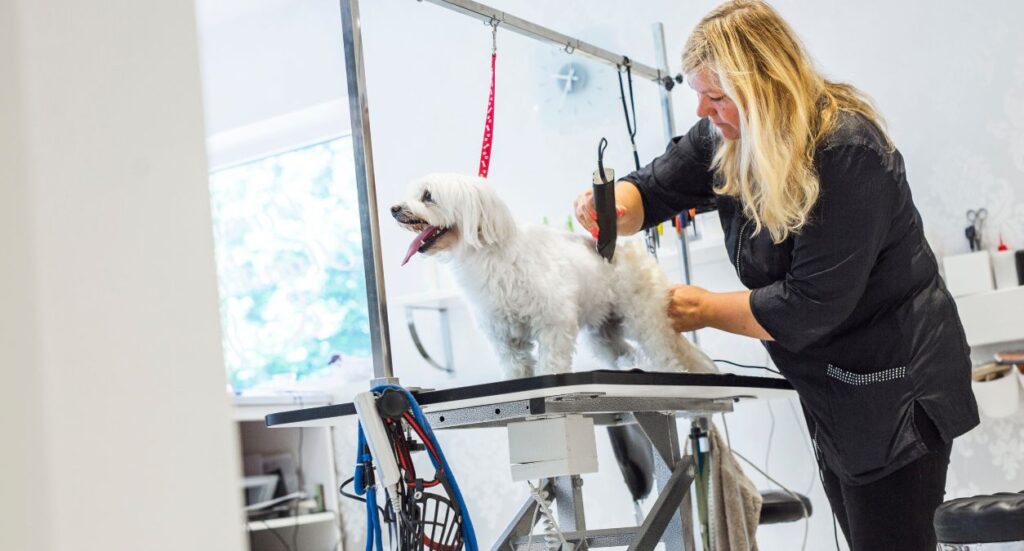Table of contents
The set-up of many professional dog walking businesses is fairly simple. The majority of operators will be working on a sole trader basis, delivering their walks, managing administration and financial matters on their own.
However, as a business grows so too does the need to employ staff. As a dog walker that could be because you have built up a large enough book of clients that in order to grow you need an extra pair of hands or two.
When pondering whether to employ a member of staff there are a number of things to consider.
Taxes and pensions
Get Dog Walking Insurance from Protectivity
*Disclaimer – This blog has been created as general information and should not be taken as advice. Make sure you have the correct level of insurance for your requirements and always review policy documentation. Information is factually accurate at the time of publishing but may have become out of date.
Last updated by


















